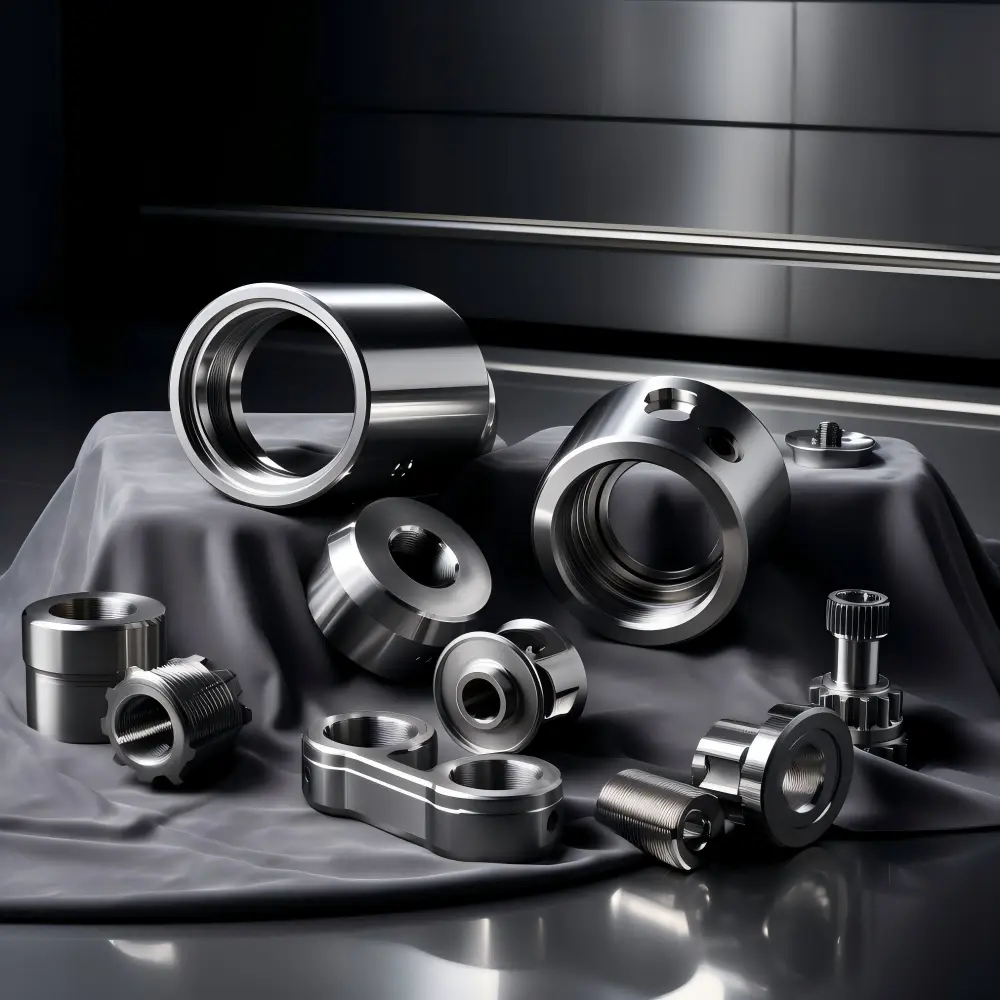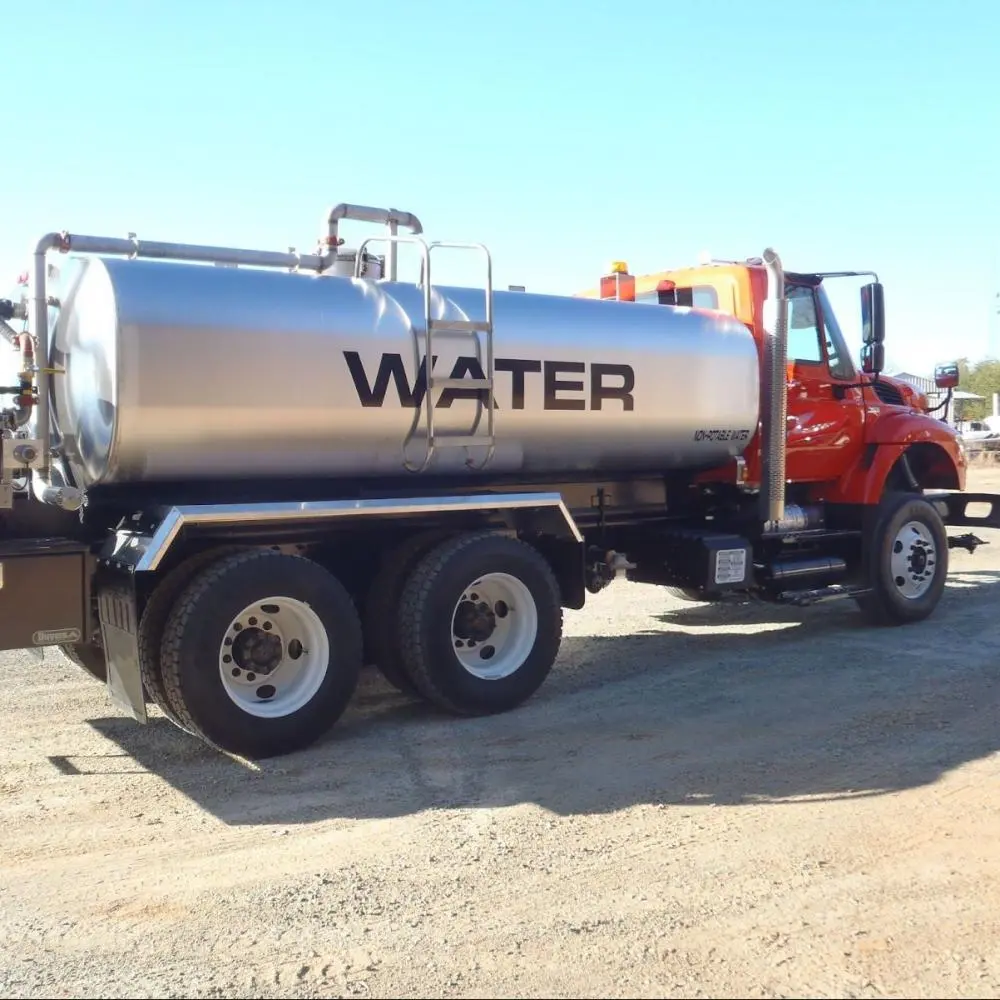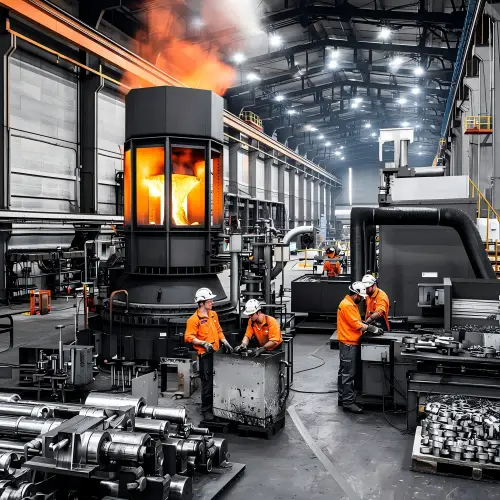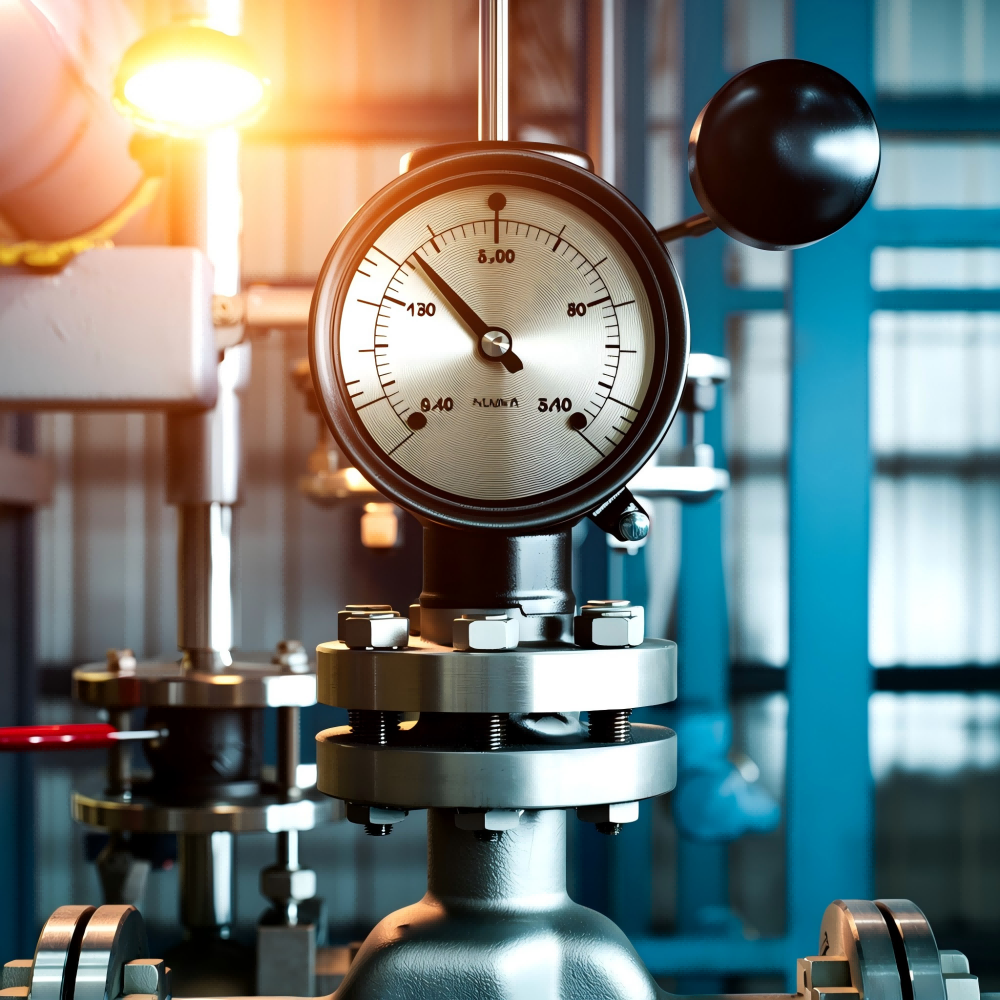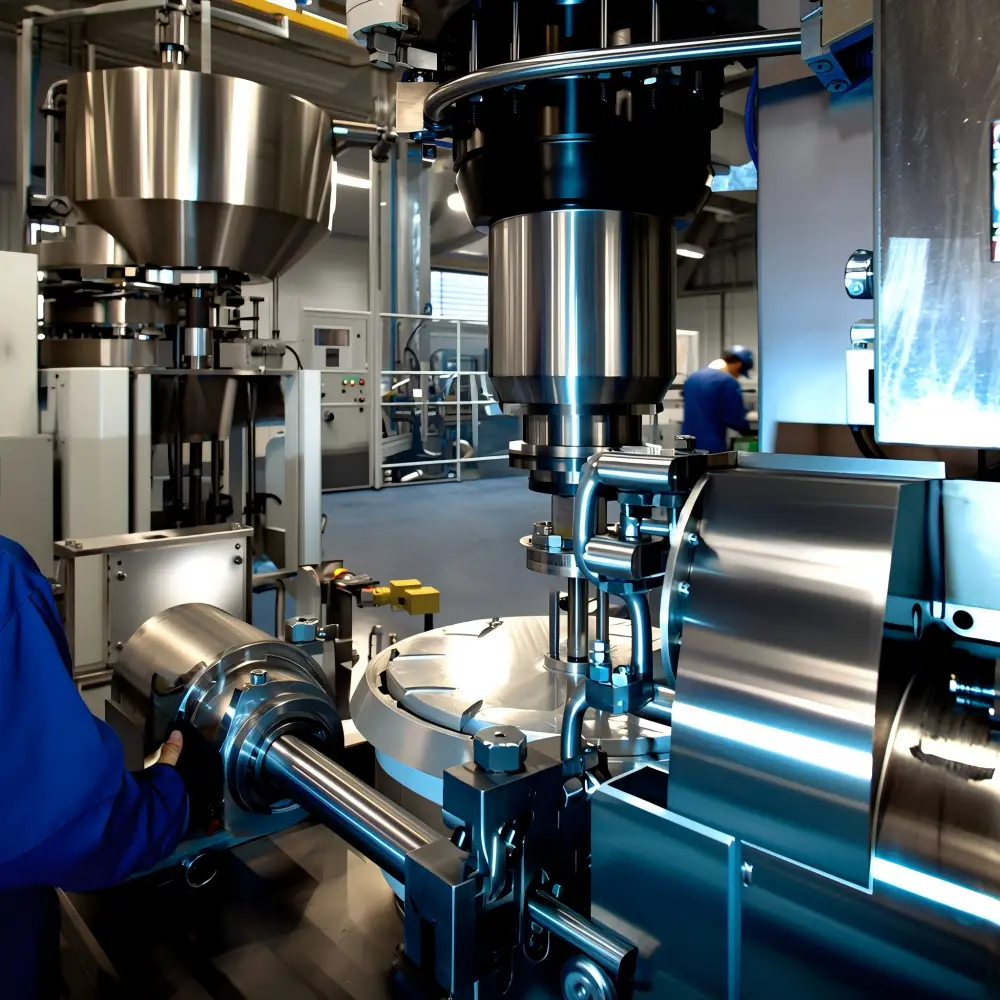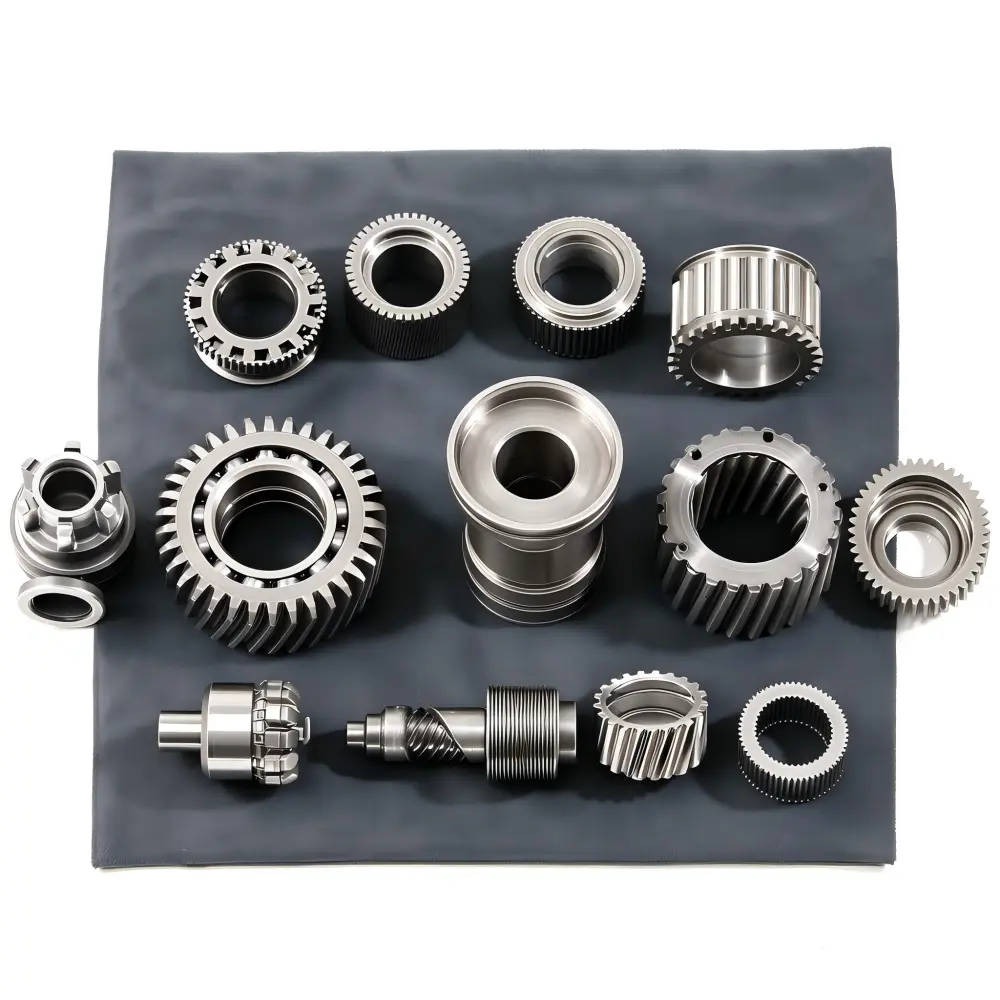Tips for Selecting Reliable Copper Alloy Casting Services
Choosing the right copper Alloy Casting service plays a critical role in achieving durable and efficient components. You need a provider who ensures consistent quality and meets your specific requirements. Expertise incopper alloy precision casting guarantees precise results for intricate designs. Reliable services also help you avoid costly delays and production errors. Evaluating material capabilities, cost efficiency, and adherence to quality standards ensures your project’s success. By focusing on these factors, you can secure a casting service that delivers exceptional performance and long-term value.
Key Takeaways
- Prioritize providers with extensive expertise in copper alloy casting to ensure high-quality and precise results.
- Verify quality standards and certifications, such as ISO or ASTM, to guarantee adherence to strict production guidelines.
- Evaluate the range of materials and processes offered by casting services to ensure they meet your specific project requirements.
- Focus on cost-effectiveness by comparing detailed quotes, but prioritize quality and reliability over the lowest price.
- Confirm turnaround times and reliability to avoid production delays that can disrupt your project timeline.
- Research and compare multiple providers systematically to make an informed decision based on their capabilities and customer feedback.
- Stay updated on innovations like 3D printing and sustainability practices to enhance your casting projects and reduce environmental impact.
Understanding Copper Alloy Casting
What is Copper Alloy Casting?
Copper alloy casting involves shaping molten copper alloys into specific forms using molds. This process allows you to create components with precise dimensions and intricate designs. Copper alloys, which combine copper with other metals like zinc, tin, or aluminum, offer unique properties such as strength, corrosion resistance, and thermal conductivity. The Casting Process ensures these properties are retained while meeting the exact specifications of your project. By using copper alloy precision casting, you can achieve high-quality results for even the most complex designs.
Common Applications of Copper Alloy Casting
Copper alloy casting finds use in a wide range of industries. In the electrical sector, it helps produce components like connectors and terminals due to copper's excellent conductivity. Plumbing systems rely on cast copper alloys for fittings and valves because of their durability and resistance to corrosion. The automotive industry uses this process to manufacture parts such as bushings and bearings, which require strength and wear resistance. You can also find copper alloy casting in marine applications, where their ability to withstand harsh environments proves invaluable. These examples highlight the versatility of copper alloy Precision Casting in addressing diverse industrial needs.
Why Copper Alloy Precision Casting is Important
Precision casting ensures that every component meets strict quality and performance standards. This method minimizes material waste, saving costs while maintaining accuracy. For intricate designs, copper alloy precision casting provides unmatched detail and consistency. It also enhances the mechanical properties of the final product, ensuring durability and reliability. When you choose precision casting, you gain the ability to produce components that perform well under demanding conditions. This makes it an essential process for industries requiring high-performance materials.
Key Factors to Consider
Expertise and Experience
You should prioritize service providers with extensive expertise in copper alloy casting. Experienced professionals understand the complexities of the casting process and can handle intricate designs with precision. They also possess the technical knowledge to recommend the best casting methods for your project. Look for companies with a proven track record in copper alloy precision casting. Their experience ensures they can deliver consistent results, even for challenging applications. By choosing a provider with substantial expertise, you reduce the risk of errors and ensure high-quality components.
Quality Standards and Certifications
Quality standards play a vital role in ensuring reliable casting services. You should verify if the provider adheres to recognized industry certifications, such as ISO or ASTM standards. These certifications demonstrate their commitment to maintaining strict quality control throughout the production process. A certified provider ensures that every component meets your specifications and performs as expected. Ask about their inspection and testing procedures. Providers who invest in advanced quality assurance methods deliver superior results. Prioritizing quality standards helps you avoid defects and ensures long-term reliability.
Material and Process Capabilities
The range of materials and processes offered by a casting service impacts your project’s success. You should confirm that the provider works with the specific copper alloys required for your application. Different alloys offer unique properties, such as corrosion resistance or thermal conductivity, which may be critical for your components. Evaluate their process capabilities as well. Providers skilled in copper alloy precision casting can handle complex designs and deliver precise results. Ensure they have the necessary equipment and expertise to meet your production needs. Selecting a provider with versatile material and process capabilities gives you more flexibility and ensures optimal performance.
Cost and Budget Considerations
Cost plays a significant role when selecting a copper alloy casting service. You need to evaluate the pricing structure of potential providers to ensure it aligns with your budget. Avoid choosing a service solely based on the lowest price. Low-cost options may compromise quality, leading to defects or performance issues in the final product. Instead, focus on finding a balance between cost and value.
Request detailed quotes from multiple providers. Compare what each quote includes, such as material costs, labor, and additional services like finishing or testing. This helps you identify hidden fees or unexpected expenses. Providers who offer transparent pricing demonstrate professionalism and reliability.
Consider the long-term benefits of investing in high-quality casting services. Reliable components reduce maintenance costs and downtime, saving you money over time. Spending slightly more upfront can lead to better performance and durability, which adds value to your project. Always prioritize quality and reliability over short-term savings.
Turnaround Time and Reliability
Turnaround time directly impacts your project timeline. You should confirm that the provider can meet your deadlines without compromising quality. Delays in production can disrupt your operations and increase costs. Reliable providers communicate clear timelines and stick to them, ensuring your project stays on track.
Ask about their production capacity and lead times. Providers with advanced equipment and efficient processes can handle large orders quickly. They also adapt to urgent requests when necessary. Evaluate their track record for meeting deadlines. Consistent delivery indicates a dependable service.
Reliability extends beyond meeting deadlines. You need a provider who delivers consistent quality with every order. Look for companies with robust quality control systems. These systems ensure that each component meets your specifications. Reliable providers also offer excellent customer support. They address concerns promptly and keep you informed throughout the process.
By prioritizing cost-effectiveness and reliability, you can select a copper alloy casting service that meets your needs and ensures the success of your project.
Evaluating Service Providers
Researching and Comparing Providers
Start by gathering a list of potential copper alloy casting service providers. Use online directories, industry forums, and recommendations from colleagues to identify reputable companies. Visit their websites to learn about their services, capabilities, and experience. Pay attention to the industries they serve and the types of copper alloys they specialize in. This information helps you determine if they align with your project needs.
Create a comparison chart to evaluate providers side by side. Include factors like expertise, certifications, material options, and customer reviews. Look for companies with a strong track record in copper alloy precision casting. Reliable providers often showcase case studies or testimonials that highlight their success in delivering high-quality components. Comparing providers systematically ensures you make an informed decision.
Visiting Facilities and Asking Questions
Schedule visits to the facilities of your shortlisted providers. Observing their operations firsthand gives you valuable insights into their capabilities and professionalism. During your visit, assess the quality of their equipment and the organization of their workspace. Modern machinery and well-maintained facilities indicate a commitment to excellence.
Prepare a list of questions to ask during your visit. Inquire about their production processes, quality control measures, and experience with copper alloy precision casting. Ask how they handle complex designs or unique project requirements. Their responses reveal their expertise and willingness to meet your needs. A provider who answers confidently and transparently demonstrates reliability.
Reviewing References and Sample Work
Request references from the providers you are considering. Contact their previous clients to learn about their experiences. Ask about the quality of the components, adherence to deadlines, and overall satisfaction with the service. Honest feedback from past customers helps you gauge the provider’s reliability and performance.
Examine sample work to evaluate the provider’s craftsmanship. Look for precision, consistency, and attention to detail in the components they produce. High-quality samples reflect their ability to meet strict specifications. Providers experienced in copper alloy precision casting often showcase intricate designs and flawless finishes. Reviewing their work ensures you choose a service that delivers exceptional results.
Innovations and Trends in Copper Alloy Casting
Automation and Advanced Technologies
Automation has revolutionized copper alloy casting by improving efficiency and precision. Automated systems handle repetitive tasks with accuracy, reducing the chances of human error. You can benefit from faster production cycles and consistent quality when working with providers who use advanced machinery. Technologies like robotic arms and automated pouring systems ensure uniformity in every cast component. These innovations also enhance safety by minimizing direct human involvement in hazardous processes.
Advanced technologies, such as computer-aided design (CAD) and simulation software, allow you to visualize and test designs before production. These tools help identify potential flaws early, saving time and resources. Providers using these technologies can optimize the casting process to meet your exact specifications. By choosing a service that embraces automation and advanced tools, you gain access to cutting-edge solutions for your projects.
3D Printing in Copper Alloy Precision Casting
3D printing has emerged as a game-changer in copper alloy precision casting. This technology enables the creation of complex molds and patterns with unmatched accuracy. You can achieve intricate designs that were once impossible with traditional methods. 3D-printed molds reduce lead times, allowing you to bring products to market faster.
This innovation also supports rapid prototyping. You can test multiple design iterations without incurring high costs or delays. The flexibility of 3D printing ensures that your components meet exact requirements before full-scale production begins. Providers integrating 3D printing into their processes offer you greater design freedom and improved efficiency. This trend highlights the growing importance of precision and adaptability in modern casting techniques.
Sustainability Practices in Casting Processes
Sustainability has become a key focus in copper alloy casting. Many providers now adopt eco-friendly practices to reduce environmental impact. You can support these efforts by choosing services that prioritize sustainability. For example, some companies use recycled copper alloys to minimize waste and conserve resources. This approach not only benefits the environment but also lowers material costs.
Energy-efficient furnaces and equipment further enhance sustainability. These technologies reduce energy consumption during the casting process, helping you meet environmental standards. Providers committed to green practices often implement waste management systems to recycle byproducts. By selecting a service with sustainable operations, you contribute to a cleaner future while maintaining high-quality production.
Selecting the right copper alloy casting service requires careful evaluation of expertise, quality standards, material capabilities, cost, and reliability. These factors ensure you receive components that meet your expectations and perform effectively. Prioritize quality and dependability over cost to achieve long-term success in your projects. Investing in reliable services reduces risks and enhances overall value. Stay informed about innovations like 3D printing and sustainability practices. These advancements can help you make smarter decisions and gain a competitive edge. By focusing on these aspects, you can secure the best outcomes for your casting needs.






